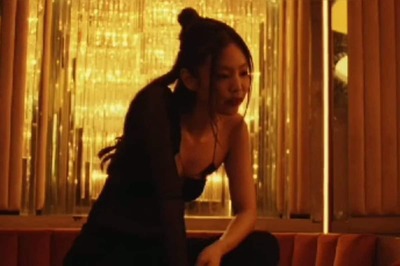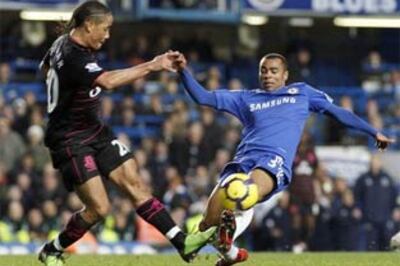
views
Dubai: Seeking to address doubts raised by the University of Western Australia (UWA), the ICC on Saturday defended its recent drive against chucking and its processes of identifying, testing bowlers with suspect actions.
UWA was formerly the sole bio-mechanical testing centre for bowling actions and it has raised doubts over the reliability of the tests that have led to several players being banned from bowling in international cricket.
“Judging by the results of the testing, their (the Cricket Committee) concerns have been vindicated,” the ICC said in a statement.
The apex cricket body also rejected “any suggestion that bowlers are being targeted depending on which region they come from” and said that the “concerns of umpires relate solely to the bowling action of the player”.
Following recommendations made by its Cricket Committee in June, the ICC encouraged umpires to report suspect actions with greater confidence. After that five bowlers — Kane Williamson, Sachithra Senanayake, Saeed Ajmal, Prosper Utseya and Sohag Gazi — have been reported, tested and subsequently banned from bowling in international cricket.
The ICC backed the accuracy and consistency of the procedures used during the testing of these bowlers.
“The ICC is confident that the standardised protocol, quality control procedures and extensive training that has been undertaken with staff at the accredited facilities will allow this level of consistency to be maintained.”
Reacting to UWA’s concerns about the use of two-dimensional match footage to determine whether bowlers are bowling with the same action while undergoing testing, the ICC said: “Prior to testing, the ICC reminds the bowlers that in order for the test to be valid they must replicate the action displayed in the match footage obtained from the spells cited by the umpires in their report.
“During the tests, bowlers are provided with comparative high speed video feedback and if a bowler appears to be using a different action during the test, they are encouraged to replicate their match action. The ICC makes no apology for this.”
In March this year, the UWA had called off its partnership with the ICC as it was “aggrieved by the ICC leveraging our research without our knowledge or permission”.
The ICC also refuted this, saying its new testing protocol had taken in “published research in this area, the recommendations from the ICC’s expert panel that looked at the issue of testing protocols in 2010 (recommendations that were not implemented by the UWA), and particularly the expertise and research of the ICC’s lead biomechanist, Dr Andrea Cutti, much of which was completed before he started working for the ICC”.
The ICC talked about its aim of accrediting testing centres in each of its five regions, and said it was in talks with a university in South Africa, after which it would look to identify a facility in America.
Read all the Latest News, Breaking News and Coronavirus News here. Follow us on Facebook, Twitter and Telegram.



















Comments
0 comment